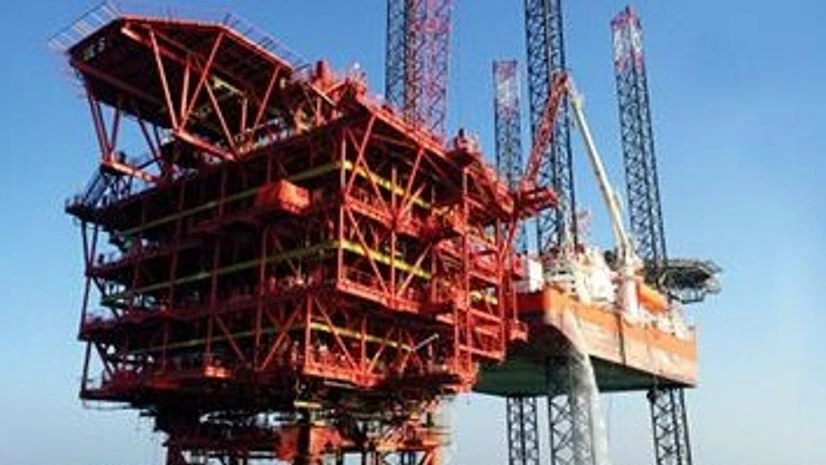Terming India's chemical and petrochemical industry a vital pillar of the country's economy, Union Minister J P Nadda on Friday said that there is a need to address the challenge of reliance on imported feedstocks.
Addressing the 13th edition biennial international exhibition and conference, India Chem 2024, Nadda, who is the Minister of Chemicals and Fertilizers, said that the country embraces innovation, sustainability and self-rise, the sector will play a pivotal role in realizing the vision of Viksit Bharat in 2047.
The Department of Chemicals and Petrochemicals in collaboration with FICCI organised the event on the theme of Advantage BHARAT: Indian Chemicals and Petrochemicals Paving the Future.'
"Despite being successful, we must (also) address a significant challenge - the reliance on imported feedstocks. We must explore alternative feedstocks like biomass plastic waste and green hydrogen while also expanding domestic sources of natural gas and coal," Nadda said.
Noting that by listing an indigenous resources, we can reduce the vulnerabilities and enhance industrial security, the minister said, sustainability is the future of the chemicals and petrochemicals industry.
"As the world transitions to greener technologies, India must lead by example. Our companies are already adopting sustainable practices--recycling, renewable energy and alternative feedstocks-- that align with the global trends," the minister said.
He said that the shift from oil to chemical and the option of green hydrogen offer immense opportunities for our industry through a deeper chemical integration, optimized energy use and circular economy principles." We can reduce our sector's environmental footprint while driving economic growth.
The minister said that India's chemical and petrochemical industry is a vital pillar of the economy and added that currently valued at USD 220 billion, it is expected to surpass USD 300 billion by 2028 and reach USD 1 trillion by 2040.
More From This Section
Nadda said that the central government has introduced various initiatives such as Make-in-India and the national industry Corridor Development program to support industry growth.
"Our petroleum chemical and petrochemical investment regions in Gujarat and Odisha have attracted Investments worth USD 30 billion dollars and generated approximately 3.7 jobs," he said.
Additionally, he said, the PM Gati Shakti, the national master plan, integrates infrastructure progress across sectors, creating synergies to boost productivity and sustainable development.
"Such initiatives are key to enhancing India' global competitiveness in chemicals and petrochemicals," he added.
Emphasising that innovation and research are essential to driving the future of India's chemical industry, Nadda said, "as we embrace innovation, sustainability and self-rise, the sector will play a pivotal role in realizing our vision of Viksit Bharat in 2047, with and collaboration between government Industrial and academia Inda can continue to lead globally in chemicals and petrochemicals.
(Only the headline and picture of this report may have been reworked by the Business Standard staff; the rest of the content is auto-generated from a syndicated feed.)

)